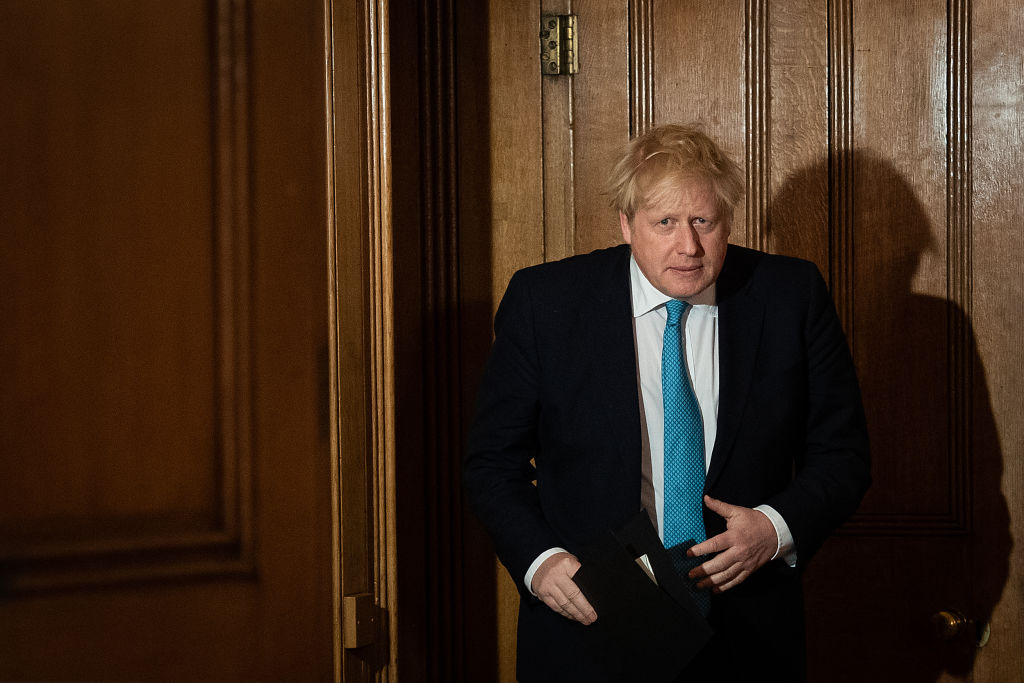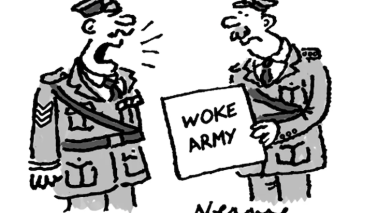‘Boris is a very tough, very resilient person. … I’m sure he’ll come through this.’ That was David Cameron on the Prime Minister.
‘I’m confident that he’ll pull through because if theres one thing I know, he’s a fighter.’ That was Dominic Raab.
I’m quoting those two simply because they’re the most prominent examples, but there are lots of other people who have spoken of Boris Johnson in similar terms in the last day or so.
Those words are well-meant. Both men sincerely wish Johnson the very best, and are speaking as a sign of support and in Cameron’s case, real personal affection. Likewise all the others who have talked about Johnson as ‘tough’, ‘strong’, a ‘fighter’, the sort of person whose personal character will help him ‘beat’ coronavirus.
This sort of language is natural and well-intentioned. At times like this, we all want to look on the bright side, to put the emphasis on the positive possibilities. And to say nice things about someone in a bad situation. I’m happy to join in that effort. Having worked with Boris Johnson for a few years at the Telegraph, there is something deeply unsettling about the notion of someone who bristles and bustles with seemingly boundless energy being laid low like this. Without any regard to questions about the future of government and the rest, I just hope he gets better.
That language, of toughness and strength, bothers me though. It’s often deployed when talking about cancer and other serious conditions: we tend to cast a person’s experience of illness as a ‘fight’ or a ‘battle’. Many people who have had such conditions use the language too: how often have you heard someone with a serious illness talk of their determination to ‘beat’ it and survive?
So why am I unsettled by talk of the toughness in the face of coronavirus? Well here’s a question: if suffering from a disease is a battle, some sort of test of a person’s personal resilience and strength, what does that say about the people who don’t ‘win’?
A few years ago, someone I loved died. He was barely 50 years old and if you want a measure of personal strength, he was a man who rose before dawn every day to tend his flock of sheep in the Cheviot hills, work that could mean carrying loads I couldn’t even lift up slopes that would leave most of us breathless in minutes.
He didn’t die because he wasn’t tough or strong. He didn’t die because he lacked character or resilience. He died because his body was unable to survive the condition that killed him.
The same is true of the 6,159 people who, at time of writing, have died with Covid-19. They didn’t die because they were not tough, because they were not fighters. They were not ‘beaten’ by the virus, any more than those who contract it and survive have ‘beaten’ it. Life and death in this context are not a measure of personal grit or will. It’s about matter of biology and medicine, nothing more.
It is understandable and well-meaning to talk about the toughness and strength of people suffering with the coronavirus. I don’t criticise anyone who uses that language. But I do wish they wouldn’t.







Comments